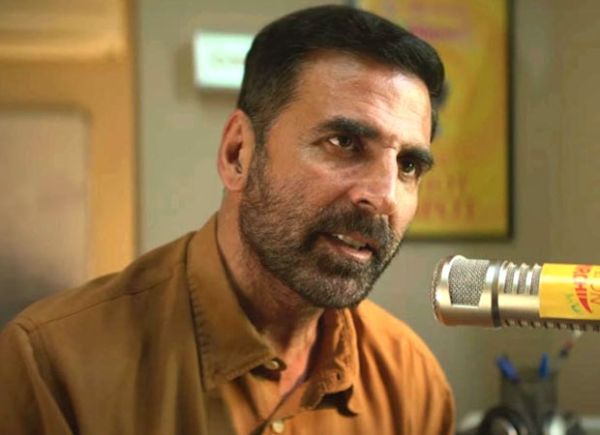Zomato is experimenting with a new way to help users find restaurants. Instead of relying on traditional ratings, the company is testing a “match score” system. This feature will recommend eateries based on personal food preferences rather than mass reviews.
CEO Deepinder Goyal took to X (formerly Twitter) to share the idea. “We all have different tastes in food—so why rely on the same restaurant ratings?” he wrote. According to him, this system removes bias from general reviews and helps users find places that align with their tastes.
Goyal further explained, “Internally, at Zomato, we have been trying out personalised ‘match scores’ instead of traditional restaurant ratings, and we’re loving it.” He invited feedback from users, asking, “Would you prefer match scores tailored to your preferences or stick with traditional ratings?”
Another user echoed the sentiment, calling it a potential “game changer.” They wrote, “Taste is very subjective and having profiles to match is the best way to know if you'll like it. I have gone to many highly-rated places and wondered—why this place?”
However, not everyone was convinced. Some users expressed concerns over algorithmic bias and corporate control. One user warned, “The problem with match score is over-reliance on algorithms and control of the corporation. You might not do it today, but tomorrow you can take advertising money and match more. Good for marketing but bad for new entrants. Have both at disposal to the customer.”
Others worried that this approach could limit discovery rather than enhance it. A critic pointed out, “You shouldn’t do match scoring algorithms—this is the classic case of splinternet—a fragmented network that is only available to me based on who I am and my behaviour. It will create familiarity bias.”
Another user agreed, stating, “The idea is great because food is deeply personal. IMO, a match score could help uncover hidden gems that align with individual tastes rather than just popular opinion. That being said, I wouldn't rely entirely on a match score alone. A balanced approach would be blending both traditional ratings and personalised match scores.”
Trump-Modi Meet
The mega MIGA, MAGA plans of India's Modi and US' Trump
Trump says India has more tariffs than others
Trump's 'golden rule' for imposing reciprocal tariffs
Goyal further explained, “Internally, at Zomato, we have been trying out personalised ‘match scores’ instead of traditional restaurant ratings, and we’re loving it.” He invited feedback from users, asking, “Would you prefer match scores tailored to your preferences or stick with traditional ratings?”
Public Reaction: Enthusiasm and Concerns
The proposal sparked a debate. Many users welcomed the change, arguing that food is deeply personal. One user commented, “That sounds like a brilliant idea, Deepinder! I’m always frustrated when a highly-rated restaurant just doesn’t align with my personal tastes. Personalised match scores could definitely help me discover hidden gems that I might otherwise miss. I'm all for it!”Another user echoed the sentiment, calling it a potential “game changer.” They wrote, “Taste is very subjective and having profiles to match is the best way to know if you'll like it. I have gone to many highly-rated places and wondered—why this place?”
However, not everyone was convinced. Some users expressed concerns over algorithmic bias and corporate control. One user warned, “The problem with match score is over-reliance on algorithms and control of the corporation. You might not do it today, but tomorrow you can take advertising money and match more. Good for marketing but bad for new entrants. Have both at disposal to the customer.”
Others worried that this approach could limit discovery rather than enhance it. A critic pointed out, “You shouldn’t do match scoring algorithms—this is the classic case of splinternet—a fragmented network that is only available to me based on who I am and my behaviour. It will create familiarity bias.”
Should Zomato Combine Both Systems?
Amid the divided reactions, many users suggested a balanced approach. One user recommended, “Can be both and love the idea of personalised match score! Can show ratings, personal match (similar to Netflix), and what’s trending as well (top 10 in Chandni Chowk, for example).”Another user agreed, stating, “The idea is great because food is deeply personal. IMO, a match score could help uncover hidden gems that align with individual tastes rather than just popular opinion. That being said, I wouldn't rely entirely on a match score alone. A balanced approach would be blending both traditional ratings and personalised match scores.”








